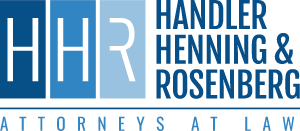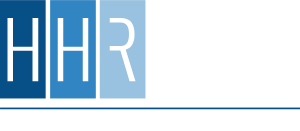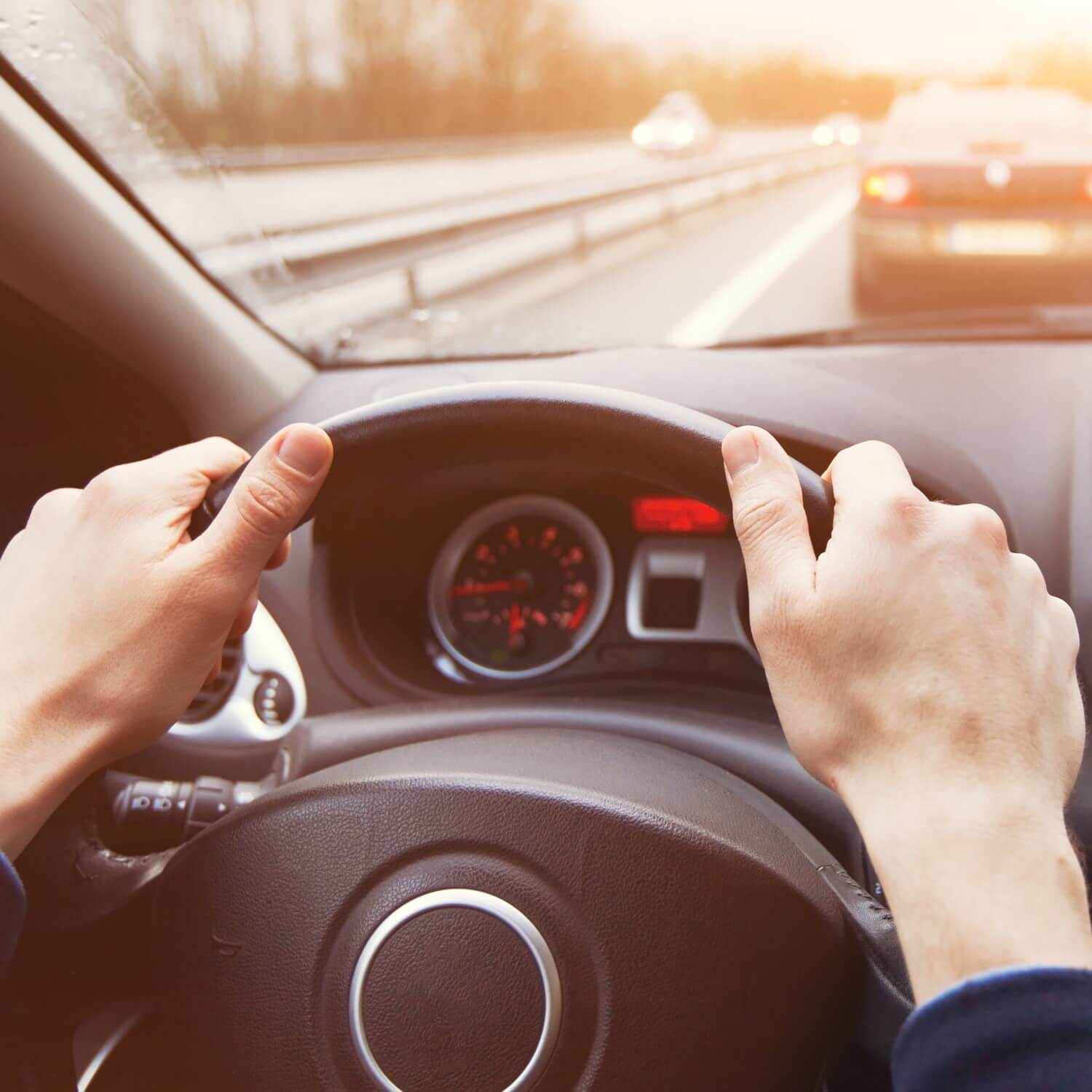Autonomous vehicles, once only seen in movies or read about in science fiction novels, are quickly becoming a reality on roads across the United States, including Pennsylvania. Whether you have a self-driving feature in your car or are wondering how others’ autonomous vehicles might affect you now and in the years to come, there is a lot to consider in terms of auto accident liability.
When an accident involving an autonomous or self-driving vehicle happens, who is at fault? What responsibility lies with the manufacturer versus the operator of the vehicle?
We will attempt to answer these questions in this blog. It is important to note, however, that the legal landscape regarding self-driving vehicles and auto accident liability is changing. Technological advances in self-driving technology, regulatory measures, new legislation, and legal precedents set by cases as they come to court will all influence the future of liability for autonomous vehicles.
Right now, we can only consider recent cases and speculate about what may come.
Self-Driving Features, “Active Supervision” & Auto Accidents
Tesla, one of the pioneers in electric vehicles, has been making waves with its autonomous driving features, branded “Autopilot” and “Full Self-Driving” (FSD). The Autopilot system includes features like adaptive cruise control and lane centering, while the Full Self-Driving suite offers more advanced capabilities, such as automatic lane changes, summoning the car from a parking space, and navigating highways.
However, Tesla has been clear that, as of now, their systems require “active supervision” and do not make the car fully autonomous.
There have been several incidents involving Tesla’s self-driving features. One notable example occurred in 2018 when a Tesla Model X, reportedly operating on Autopilot, crashed into a highway barrier in California, resulting in the death of the driver. The National Transportation Safety Board (NTSB) concluded that the Autopilot system’s limitations, the driver’s over-reliance on technology, and driver distraction were key factors in the crash.
In another incident in 2016 in Florida, a Tesla Model S collided with a truck while Autopilot was engaged, also leading to a fatality. The NTSB cited similar contributing factors as in the 2018 crash.
March 15, 2023: Tesla Strikes 17-Year-Old Student Getting Off School Bus
On the afternoon of March 15, 2023, a 17-year-old student stepped off a school bus in Halifax County, North Carolina. As he started to cross the rural highway toward his house, a 2022 Tesla Model Y approached. The vehicle, which was operating in Autopilot mode, did not slow at all. It struck the teen at 45 miles per hour.
The bus was displaying its stop sign and flashing red lights, which indicate it is picking up or dropping off students. In North Carolina and nationwide, all vehicles must stop when a bus is displaying its red lights. This is true for vehicles on both sides of a roadway, even multi-lane or divided.
Yet, the Tesla did not stop.
The student was thrown into the windshield and into the air before landing facedown on the road, suffering catastrophic injuries that included a fractured neck and a broken leg.
The driver of the Tesla was arrested and charged with reckless driving and passing a stopped school bus, striking a person. The likelihood of a civil case is high as well, begging the question: who is to blame?
The National Highway Traffic Safety Administration (NHTSA) is investigating the incident, but it has been reported that the driver affixed weights to the steering wheel in order to trick the vehicle’s Autopilot system into thinking his hands were on the wheel (Autopilot will turn on the hazard lights and begin to slow down and then stop if it believes the driver’s hands are not on the wheel).
The Changing Landscape of Liability
Traditionally, auto accident liability in Pennsylvania and elsewhere has been based on driver negligence. However, the emergence of autonomous vehicles is blurring the lines. With self-driving features, it's not just the driver that could be at fault—the car's systems and the manufacturer could share the blame.
If an autonomous system is found to be the cause of an accident, product liability claims could be directed at the manufacturer. This means that if a defect in the car’s autonomous system is responsible for the crash, the manufacturer (like Tesla) could be held liable.
In cases where the system expects human intervention, liability could be shared between the autonomous system and the human driver. For instance, if a driver relies too heavily on an autonomous system and does not intervene when necessary, both the driver and the manufacturer could be held accountable. The same may apply if the driver took measures to limit their involvement, such as attaching weights to the steering wheel.
What Factors Affect Accident Liability for Self-Driving Vehicles?
As self-driving features improve and autonomous vehicles become the norm, several factors are likely to impact auto accident liability in Pennsylvania and nationwide:
- Technological Evolution: As the technology behind autonomous vehicles advances, so does its capability. The transition from partially autonomous systems (where the driver is expected to remain attentive) to fully autonomous systems (where the vehicle is capable of operating without any human intervention) necessitates a different approach in the legal framework.
- Product Liability: With autonomous vehicles, the concept of product liability comes into play. If the self-driving system has a flaw or malfunction that leads to an accident, the manufacturer could be held responsible. This is a departure from traditional auto accident cases, which mainly involve driver errors.
- Public Safety Concerns: The integration of autonomous vehicles onto public roads raises concerns about public safety. Governments and regulatory bodies are likely to enact laws and regulations that aim to ensure the safe deployment of these technologies.
- Precedents and Case Law: As more cases involving autonomous vehicles come to court, legal precedents are being set. These precedents will play a significant role in shaping the legal landscape of auto accident liability.
- Insurance Industry Adaptation: The insurance industry is grappling with how to adapt to autonomous vehicles. This includes determining risk assessment, coverage, and premiums in a way that accounts for the presence of autonomous systems. As insurance policies evolve, this also impacts the legal landscape around liability.
- Human Interaction with Technology: The way humans interact with autonomous technologies, such as over-reliance or misuse, leads to unique scenarios that were not previously considered under traditional liability laws.
The Road Ahead
Right now, self-driving capabilities, although present in some vehicles, are not foolproof. Driver attention is still required. As the technology continues to advance, however, it seems likely that fully autonomous vehicles, including commercial trucks, will take over major roadways across the country.
At Handler, Henning & Rosenberg LLC, we have been helping victims of auto accidents in Pennsylvania for over 100 years. We have seen significant changes in technology and legislature involving motor vehicles and accident liability. Our personal injury attorneys will continue to stay abreast of changes, as we always do, to ensure the full and fair representation of our clients’ rights and interests. To learn more about our firm and how we can help you, please reach out to us online or call (888) 498-3023 for a free, confidential consultation.


